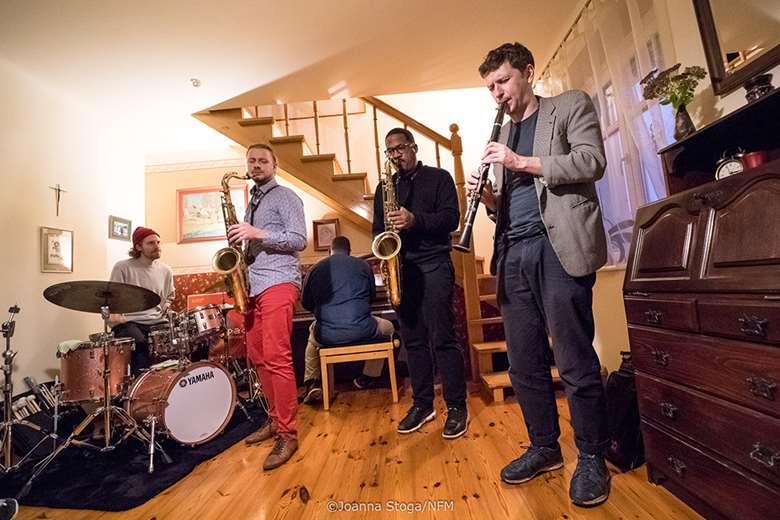James Brandon Lewis among the highlights at Jazztopad 2021
Martin Longley
Thursday, December 23, 2021
Martin Longley reports back from a vibrant gathering of top-notch improvisers at this premier Polish jazz fest


Register now to continue reading

Thank you for visiting Jazzwise.co.uk. Sign up for a free account today to enjoy the following benefits:
- Free access to 3 subscriber-only articles per month
- Unlimited access to our news, live reviews and artist pages
- Free email newsletter